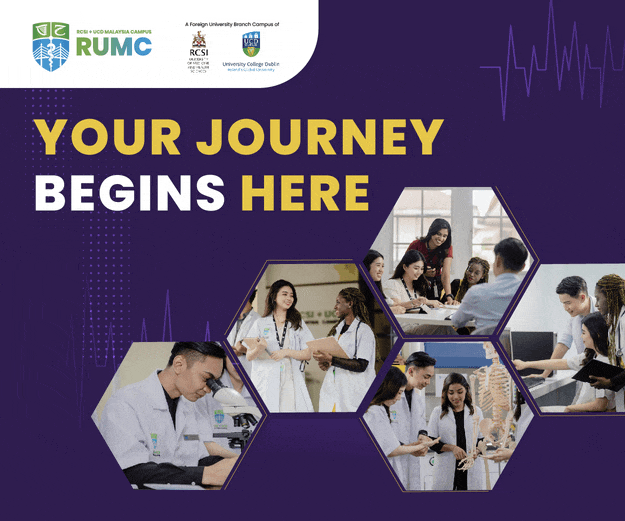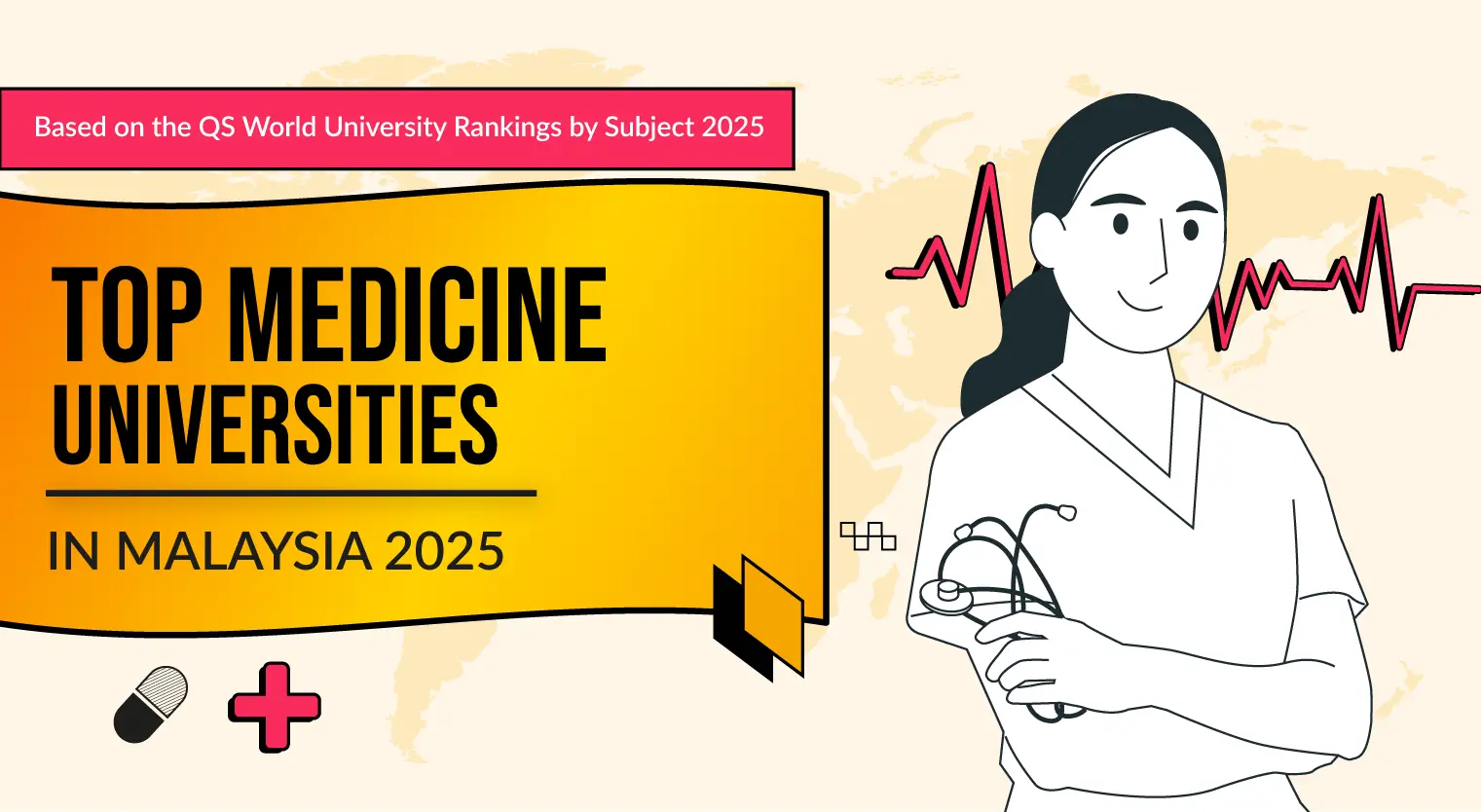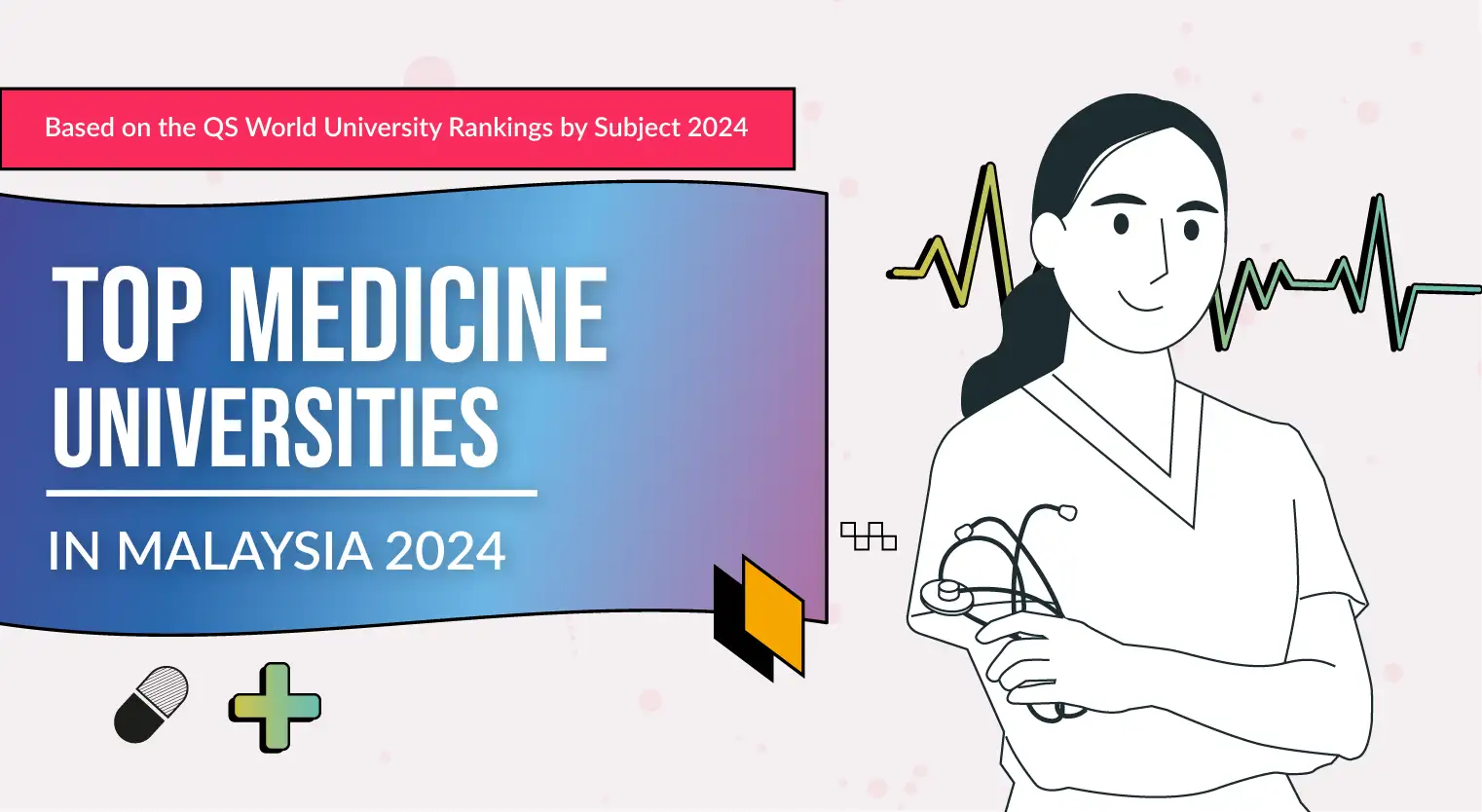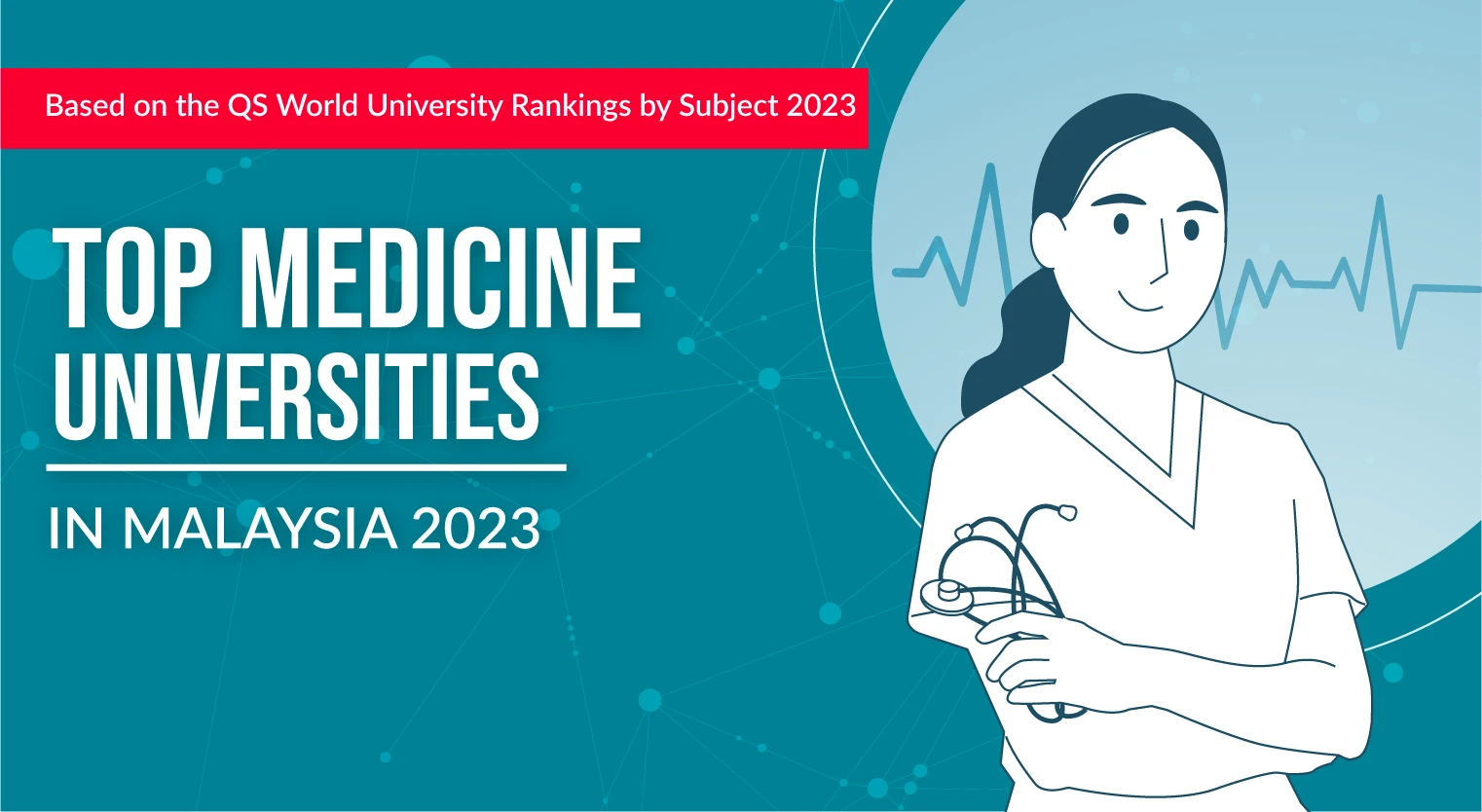10 High Impact Jobs You Can Do With a Medical Degree
A medical degree is very valuable. Check out all these high-impact jobs you can go into as a medical graduate.
Updated 23 May 2022
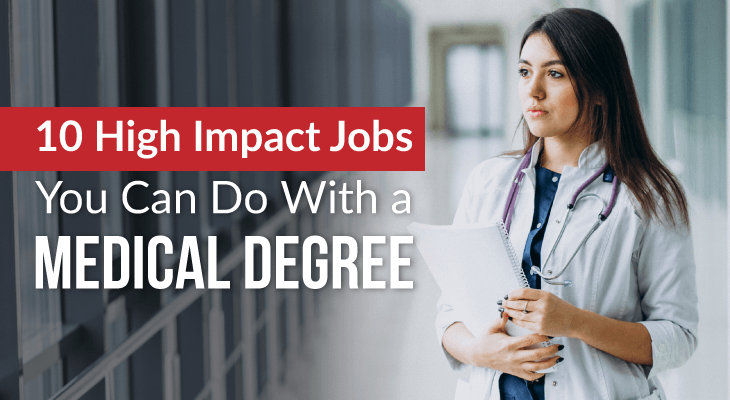
Most students study medicine with the intention of becoming a doctor. After all, doctors are some of the most in-demand positions in Malaysia right now.
However, a medical degree does not mean that you have to be a doctor. In fact, there are a plethora of non-doctor jobs a medical graduate can consider.
Whether you want to follow the conventional journey of a medical graduate and become a doctor, or you’re looking to go into other options, here are some of the jobs you can do with a medical degree.
#1. Clinical doctor

As a clinical doctor, you can use your hard-earned medical knowledge to help treat injuries and maladies.
There are many types of doctors working within the clinical setting. Depending on your specialties and interests, you can either be a pediatrician (doctors who attend to children), surgeon (doctors who are trained in surgery) or anesthesiologist (doctors who are in charge of the patients’ pain and vitals during surgeries).
Doctors are an important part of society so whatever position you choose, make sure to choose it well.
#2. Lecturer

The knowledge that you have so painstakingly accumulated throughout your student years are precious and should not be let to waste.
Put your hard-earned knowledge to good use by training a new generation of students. As a lecturer or teacher, you can teach medical subjects in universities or teach science subjects (e.g. biology, chemistry) at college or secondary level.
So, even if you don’t become a doctor, you can still do your part to improve the country’s medical profession.
#3. Researcher
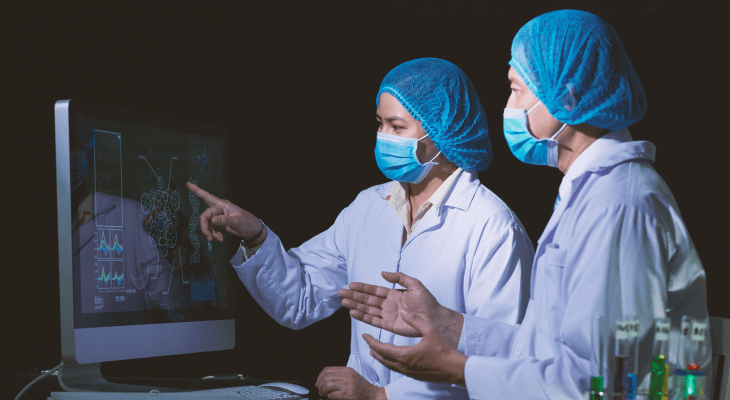
If part of what drew you to study medicine in the first place is your love for studying and seeking knowledge, then this job is perfect for you.
While you may still have to practise your craft as a doctor, half of your work will require you to research and experiment to drive the advancement of the medical field. Your research can benefit the country and the medical field in terms of public health plans, drug development and disease prevention.
As a researcher, your contribution not only comes in providing medical services, but you’re also boosting the healthcare system and improving the efficiency of medical services all across the country.
#4. Consultant

For businesses providing medical services and products like insurance and pharmaceutical companies, your sound knowledge and background as a medical consultant can help them come up with better, up-to-date products and services.
Aside from that, you can also work as a consultant for digital technologies, where you can use your expertise to help improve the medical technology field for the benefit of the general population and medical professionals.
Whether it’s helping companies work out insurance plans or working as a script consultant in film and TV to write realistic medical scenarios, there are plenty of options to consult if you have a background in medicine.

#5. Community advisor

As a community advisor, your duty is to treat and advocate for the health of the community as a whole instead of focusing on specific individuals.
Community advisors study trends and patterns within the community to look at possible health risks and form analytical solutions to address said risk. In order to succeed in the job, you must have a strong love for medicine as well as statistics.
If you have always dreamt of contributing back to your community as a doctor then community advisor is the perfect role for you.
Apply for university with EduAdvisor
Secure scholarships and more when you apply to any of our 100+ partner universities.
Start now#6. Health economist

Health economics is about providing information to governments and healthcare providers so that they can achieve the greatest possible health outcomes in a cost-effective manner.
As a health economist, your job is to find the best method to address public health concerns, such as smoking and drug use, by looking at avenues that provide the best cost-benefit ratio. Organisations such as the Malaysian Health Economic Association show that health economics has a place in Malaysia. However, the development of health economics research is not at the pace expected of a country with a developed health care system.
If you like economics and playing with long-term planning, then being a health economist is the job for you.
#7. Hospital administrator

While general practitioners and specialists care for the patients, the hospital administrators are what keeps the institution up and running.
Your role as a hospital administrator requires you to be responsible for overseeing and ensuring the day-to-day administrative operations for the healthcare services and facilities are fully functioning. Not only that, you will also be managing staff and overseeing their progress, administering budgets and even communicating between departments in a hospital to identify their issues and needs. Essentially, your role is to ensure patient-care satisfaction is met!
However, you won’t be doing all of this on your own! As the role of a hospital administrator is vast, you can branch out into specific areas such as HR, finance and accounting associates, hospital technician as well as the front office administrator.
#8. Medical journalist/writer

Educate the public and keep them informed as a medical journalist. In a field dominated by arts and communication graduates, having a strong background in medicine can differentiate you from other writers and give you the edge. Who knows, you might even bag some awards if you do your job right.
You can also try your hand at being a medical writer. As a medical writer, you will be mainly writing for a regulatory body. As such, your writing tends to be more focused and informative compared to that of a medical journalist.
Aside from that, you can also try writing your own book — be it fiction or nonfiction. Your medical knowledge can make for some juicy stories.
#9. Medical sales representative

Another option is to work at insurance and pharmaceutical companies as sales representatives. Your background in medicine makes you an ideal candidate for this job because you understand what you are selling.
As a sales representative, you are the bridge that connects your companies to the clients. Your credentials can help you sell products better. Customers can range from hospitals to companies or even individuals.
If you like working with clients directly and you have amazing social skills, then being a sales representative could be a good choice for you.

#10. Volunteer work

If the clinical setting is not exciting enough for you, why not try some volunteer work?
Good medical services are essential and this is especially true for those most at-risk like refugees and asylum seekers. All over the world, there are humanitarian issues that require medical help.
There are a lot of options for you if you want to go into volunteerism — Doctors Without Borders, Mercy Malaysia and many more. These organisations travel all over the world to provide medical services without discriminating.
As a volunteer, you might find yourself travelling frequently and working in unfavourable conditions without proper access to clean resources. While it is not for everyone, it can certainly be extremely rewarding.
While a medical degree provides you with a highly niche skill set, there are plenty of transferable skills that can be useful in non-clinical jobs. Whether you choose to stay in the medical field but far away from the emergency room, or you leave the field altogether, do make sure you do your research before choosing. Good luck!


